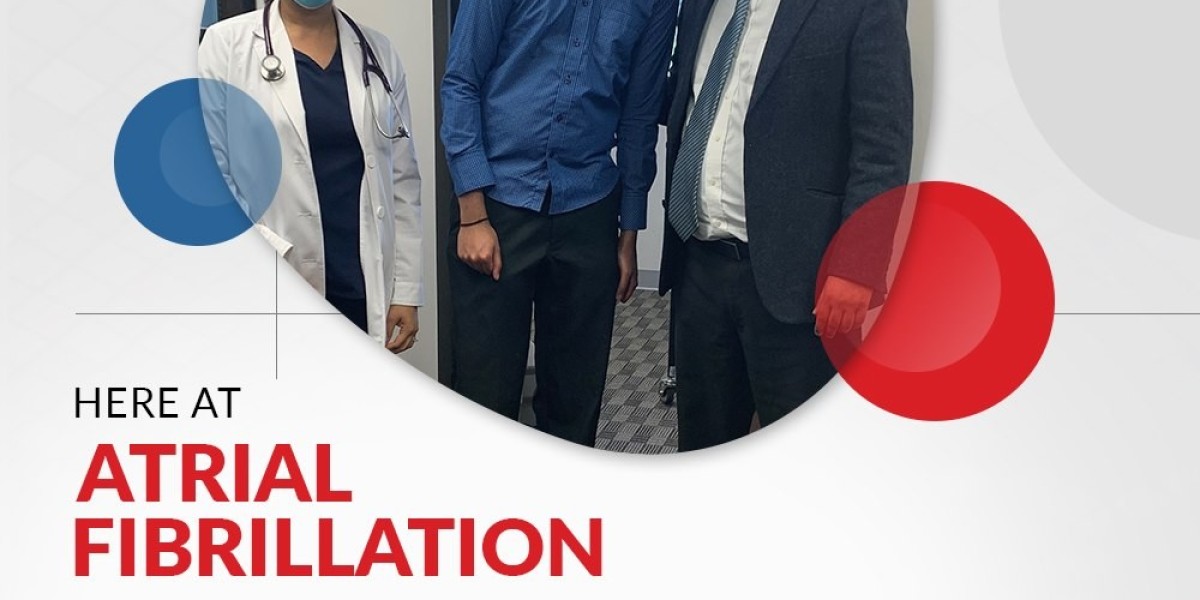Although there is a slight difference between the two, both types of arrhythmias occur due to similar causes. Here are some reasons behind these heart conditions:
- High Blood Pressure
- Heart Valve Disorders
- Hyperthyroidism
- Birth defect of the heart
- Coronary Artery Disease
- Alcohol Use Disorder
If you suffer from heart valve disorders or high blood pressure, they can lead to enlarged atria, increasing the chances of atrial fibrillation or atrial flutter.
Can these Arrhythmias Cause Complications?
Yes, both atrial fibrillation and atrial flutter can bring forth serious complications, with blood clots in the atria and increased heart rate that leads to decreased heart output being the main ones.
Whether you have atrial fibrillation or atrial flutter, the atria do not fully empty into the ventricles along with every beat. Gradually, this may cause the blood inside the atria to stagnate, forming blood clots. This may result in pieces of the clot breaking off, usually after AFib returns to normal rhythm. The pieces of clots might pass through the left ventricle into the bloodstream, which could block an artery in the brain. Consequently, a stroke might take place, which is often the first sign of atrial fibrillation or atrial flutter.
Your heart beats rapidly when you suffer from atrial flutter or AFib, which does not leave enough time for the ventricles to fill completely with blood. Since the lower chamber of your heart does not have sufficient time to fill completely, your heart pumps less amount o blood than required — eventually, heart failure might occur.
Signs You May Have Atrial Flutter or AFib
How fast the ventricles beat will determine the symptoms that are present. Generally, people will have no symptoms if the ventricular rate is normal or even slightly increased. Comparatively, higher rates can cause you to become unpleasantly aware of palpitations, shortness of breath, or chest pain.
Weakness, faintness, and shortness of breath are some factors that result from the reduced pumping ability of one’s heart. Some people even develop heart failure or chest pain due to increased ventricular rate, especially people who have heart disorders or older people. In state instances, people even have low blood pressure.
Takeaway
Heart conditions such as atrial fibrillation and atrial flutter can occur due to a number of causes. When it comes to atrial fibrillation vs. atrial flutter, both receive electric signals to the heart, but in the former, they’re disturbed, and in the latter, they’re organized. Still, both arrhythmias cause a rapid heart rate.
At Atrial Fibrillation Centers of America, we offer the best and most effective treatments for AFib. Talk to us at (832) 478-5067or head to our clinic at
13325 Hargrave Rd. Suite 280, Houston, TX 77070.







